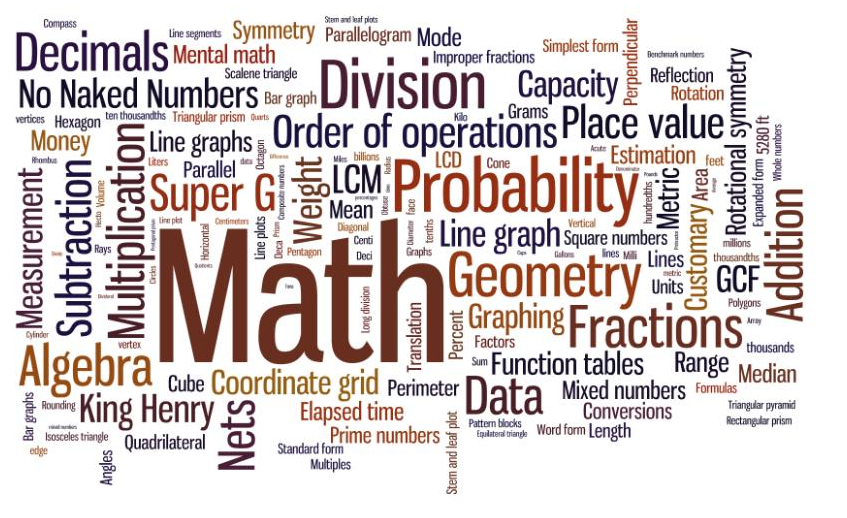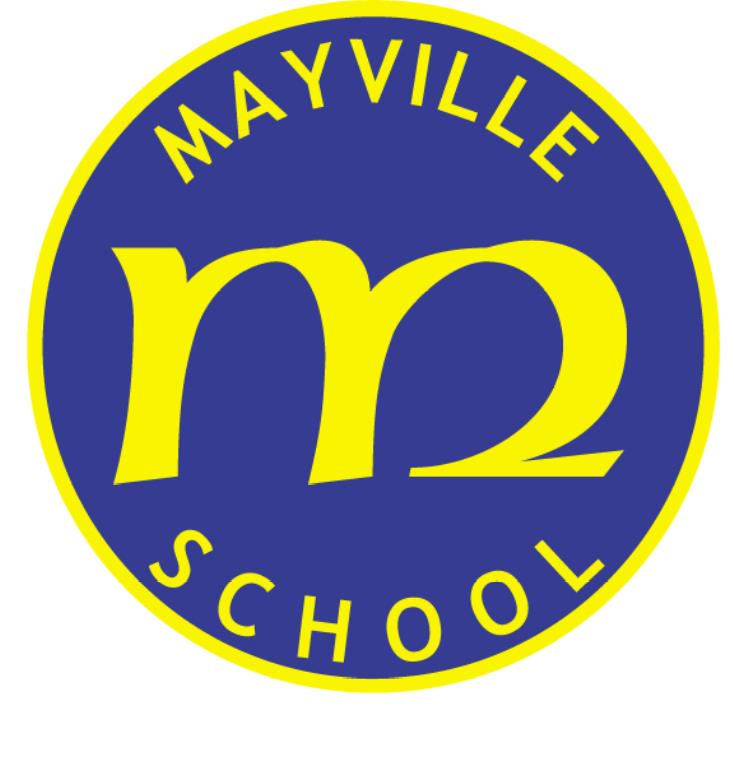Mathematics

Mathematics teaches children how to make sense of the world around them through developing their ability to use numbers, calculate, reason and solve problems. It helps children understand relationships and patterns, in both numbers and space in their everyday lives.
Intent
The 2014 National Curriculum for mathematics aims to ensure that all children:
- become fluent in the fundamentals of mathematics;
- are able to reason mathematically;
- can solve problems by applying their mathematical knowledge.
At Mayville Primary School, these aims are embedded within maths lessons and the corresponding skills are developed over time. We want all children to enjoy mathematics and to experience success in the subject. We are committed to developing children’s curiosity about the subject as well as an appreciation of the beauty and power of mathematics.
Implementation
The content and principles underpinning the 2014 National Curriculum and the maths curriculum at Mayville reflect those found in high-performing education systems internationally, particularly those of east and south-east Asian countries such as Singapore, Shanghai and South Korea.
- Teachers reinforce an expectation that all children are capable of achieving high standards in mathematics.
- All lessons contain: fluency, reasoning and problem-solving activities.
- All activities, within a lesson, are differentiated at 3 levels: ‘developing’, ‘expected’ and ‘greater depth’.
- Differentiation is also achieved by emphasising deep knowledge and through individual support and intervention.
- When suitable, teachers will use the CPA sequence of modelling (concrete > pictorial > abstract) to nurture a conceptual understanding of mathematics.
- When suitable, teachers will encourage pupils to use the Singapore bar-method to tackle problem-solving questions.
- To ensure whole-school consistency and progression, the school uses the White Rose Maths schemes of learning. These schemes of work are fully aligned with the National Curriculum and have an emphasis on fluency, problem-solving and reasoning. Mathematical topics are taught in blocks to enable the achievement of ‘mastery’ through depth.
- The White Rose Maths schemes of learning are complemented with fully aligned resources from classroomsecrets.co.uk; CGP and Twinkl.
- Teaching is underpinned by carefully crafted lessons and resources to foster deep conceptual and procedural knowledge.
- Teachers will use precise questioning in class to test conceptual and procedural knowledge and will assess pupils regularly to identify those requiring intervention, so that all children keep up.
- Pupils will receive high quality feedback that will extend/consolidate their knowledge or clarify misconceptions. When giving feedback, teachers will draw a distinction between a ‘response question’ and a ‘next-step question’ (please refer to the section of marking and feedback).
- Pupils in Yr 6 will be taught the laws of mathematics so that they have a clear understanding of why and how operations are carried out. These laws of include: the commutative law, associative law, distributive law and the laws of identity. Learning these laws and their applications will empower pupils to achieve higher in mathematics.
New concepts are shared within the context of an initial related problem, which children are able to discuss in partners. This initial problem-solving activity prompts discussion and reasoning, as well as promoting an awareness of maths in relatable real-life contexts that link to other areas of learning. In KS1, these problems are often presented with objects (concrete manipulatives) for children to use. Children may also use manipulatives in KS2. Teachers use careful questions to draw out children’s discussions and their reasoning. The class teacher then leads children through strategies for solving the problem, including those already discussed. Independent work provides the means for all children to develop their fluency further, before progressing to more complex related problems.
Mathematical topics are taught in blocks to enable the achievement of ‘mastery’ through depth. Each lesson phase provides the means to achieve greater depth, with more able children being offered rich and sophisticated problems, as well as exploratory, investigative tasks within the lesson as appropriate.
The school has a supportive ethos and our approaches support pupils in developing their collaborative and independent skills, as well as empathy and the need to recognise the achievement of others. Pupils can sometimes underperform in maths due to a self-belief that they think they ‘can’t do it’ or are not naturally good at it. The White Rose Maths programme addresses these preconceptions by ensuring that all children experience challenges and success in maths by developing a growth mindset. Regular and ongoing assessment informs teachers about how to support and enable the success of every child. Children who are not meeting age-related expectations are promptly identified and placed on an intervention programme to raise their attainment. These measures ensure that we are able to maintain high standards, with achievement at the end of KS2 well above the national average and a high proportion of children achieving greater depth at the end of each phase.
